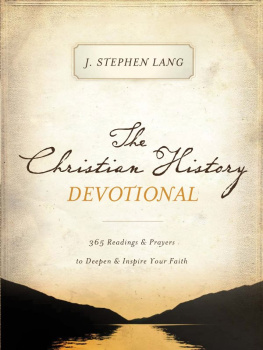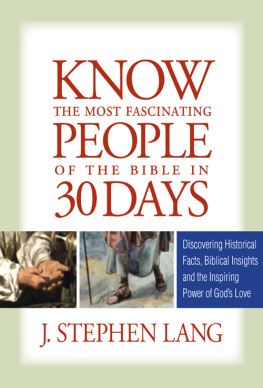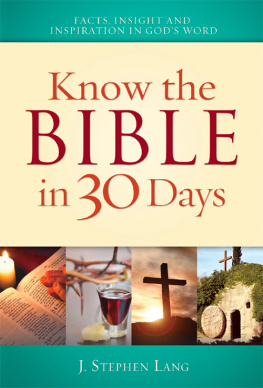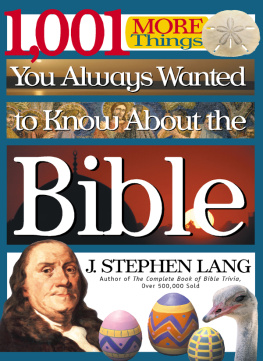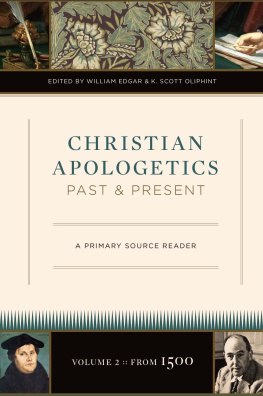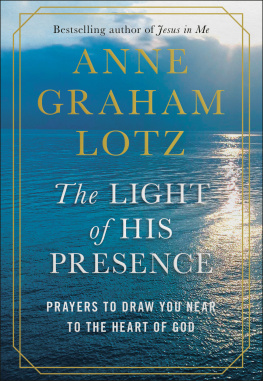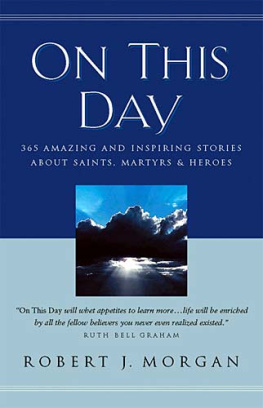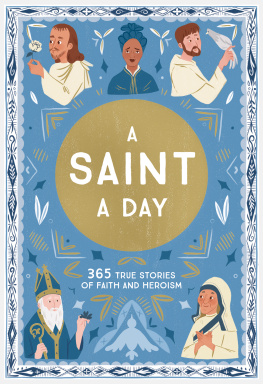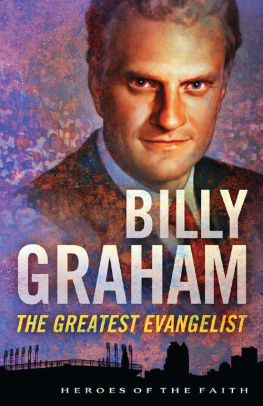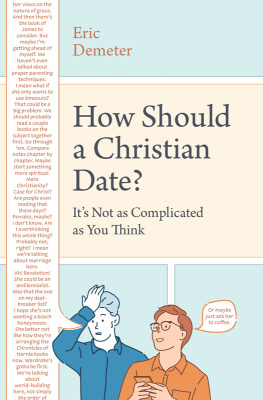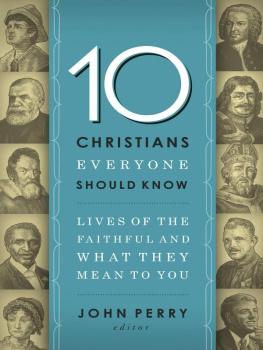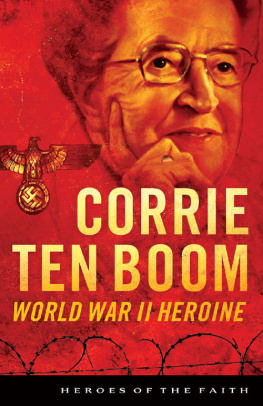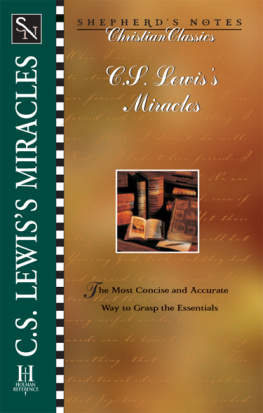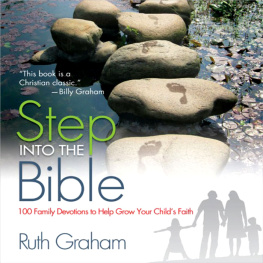
The
Christian History
DEVOTIONAL
2012 by J. Stephen Lang
All rights reserved. No portion of this book may be reproduced, stored in a retrieval system, or transmitted in any form or by any meanselectronic, mechanical, photocopy, recording, scanning, or otherexcept for brief quotations in critical reviews or articles, without the prior written permission of the publisher.
Published in Nashville, Tennessee, by Thomas Nelson. Thomas Nelson is a registered trademark of Thomas Nelson, Inc.
Published in association with the literary agency of Mark Sweeney & Associates, Bonita Springs, Florida 34135.
Thomas Nelson, Inc., titles may be purchased in bulk for educational, business, fund-raising, or sales promotional use. For information, please e-mail SpecialMarkets@ThomasNelson.com.
All Scripture quotations, unless otherwise noted, are taken from the Holy Bible, New International Version. Copyright 1973, 1978, 1984 Biblica. Used by permission of Zondervan. All rights reserved.
Scripture quotations marked ESV are from The Holy Bible, English Standard Version, copyright 2001 by Crossway Bibles, a division of Good News Publishers. Used by permission. All rights reserved.
Scripture quotations marked NKJV are from The New King James Version. Copyright 1979, 1980, 1982, Thomas Nelson, Inc., Publishers.
Scripture quotations marked KJV are taken from the King James Version of the Bible.
Library of Congress Cataloging-in-Publication Data
Lang, J. Stephen.
The Christian history devotional : 365 readings and prayers to deepen and inspire your faith / J. Stephen Lang.
p. cm.
Includes bibliographical references and index.
ISBN 978-1-4002-0433-5 (alk. paper)
1. Church history--Miscellanea. 2. Devotional calendars. I. Title.
BR150.L25 2012
270--dc23
2012022476
Printed in the United States of America
12 13 14 15 16 QG 6 5 4 3 2 1
CONTENTS
Say the word history and many people immediately think of the word boring. Why is this so, when the past is a vast and colorful world full of fascinating people and events? And many of these people are our ancestors, spiritually speaking, as much a part of our religious heritage as the people of the Bible are. And so I present this book to you, so that for a few minutes each day you can look into Christian history with the same motive as reading the Bible: to enlarge your spiritual family and find more friends for the soul.
Many of the names here will be familiar to you: Martin Luther, John Wesley, Billy Graham, Augustine, John Bunyan, Francis of Assisi, Mother Teresa, C. S. Lewis, John Stott, Corrie ten Boom, Dietrich Bonhoeffer. But much of the pleasure in writing this book came from writing about lesser-known figures, some of them from fields we normally think of as secular. Some were athletes, such as Olympic runner Eric Liddell and cricket star C. T. Studd--both of whom became missionaries. Some were scientists, such as astronomer Johannes Kepler, botanist Gregor Mendel, and chemist Robert Boyleall committed Christians who saw no conflict between science and faith. Some were politicians, such as British prime minister William Gladstone, Americas William Jennings Bryan, and Frances king Louis IXmen whose politics and faith could not be separated. And somemanywere martyrs, believers who fulfilled Jesus prophecy that his followers would be persecuted in this world. One of the recurring themes in this book is that it isnt easy to be a Christian. But it is supremely rewarding. The history of Christianity has countless examples of well-lived lives, saints who were often distressed and depressed, who coped with frets and dreads, and who triumphed over obstacles because of their whole-souled commitment to one who promised he had overcome the world. Some of these heroes would do anything possibleand impossiblefor the Lord. Of such people we need reminding. People like these are good company on the road to God.
I have tried to accentuate the positive, focusing on people who can serve as role models of faith. But it was impossible to avoid looking at people who were bad examplesand sometimes the contrast is striking, as in the case of Alexander VI, a thoroughly vile man who happened to be pope, and who ordered the execution of the saintly reformer Savonarola. A picture of the godly Savonarola would not be complete without contrasting him with the worldly and corrupt Alexander. The church has never been completely pure (as we see in Pauls letters in the New Testament), but we can learn lessons both from those who followed Christ faithfully and from those who did not.
As I scroll through this completed book, I realize what a delightfully diverse group of believers are presented here: evangelist Billy Sunday, the former baseball player full of fizzing vitality; martyr William Tyndale, who gave us the Bible in English; missionary Gladys Aylward, who faced many trials in China; Bill Bright, founder of Campus Crusade for Christ; John Newton, the former slave trader who became a pastor and author of Amazing Grace; scientist Georges Lemaitre, who gave the world the Big Bang theory; the artists Rembrandt, Michelangelo, Durer, and Tintoretto; the poets John Milton, Anne Bradstreet, and Dante; journalists Malcolm Muggeridge and Robert Novak, whose disillusionment with the world led them to Christ; religious freedom pioneers William Penn and Roger Williams; soldiers Thomas Stonewall Jackson, Oliver Cromwell, and Charles Chinese Gordon; hymnwriters Charles Wesley, Fanny Crosby, and Isaac Watts; George Washington Carver, born a slave but renowned as a scientist; social reformers William Wilberforce and Josephine Butler, who proved that otherworldly Christians do great things in this world; department store mogul John Wanamaker, who ran his business on Christian principles; Sundar Singh, the Indian Sikh who became a lone guru for Christ; TV personality Fulton Sheen, the bishop whose weekly program reached millions; composers Bach and Handel; authors Dorothy Sayers, G. K. Chesterton, Daniel Defoe, and Fedor Dostoevsky. These and many others will be your companions in this years worth of devotions, with each day of the calendar tied to a key event of that daythe birth or death of a notable person, the beginning of a new ministry, the ending of a wave of persecution, a Supreme Court decision that had far-reaching effects on religion. Here is a years worth of history, history with a heart. See if you can commit five minutes each day to fellowship with your enormous spiritual family.
BATTLE FOR LIFE
Do not be overcome by evil, but overcome evil with good.
ROMANS 12:21
404: Blood flowed, men died, crowds cheeredsuch was the entertainment enjoyed by the ancient Romans, which is familiar to us thanks to movies such as Gladiator and Spartacus. In the gladiatorial contests, combatants greeted the emperors by shouting, We who are about to die salute you! The loser in each contest was usually stabbed through the throat, while the crowds roared. The bloody sand was raked over, and a new contest would begin. Such bloodbaths were not just for the dregs of society but for everyone, including the emperors.
Constantine, the first Christian emperor, ended the gladiator spectacles in 313but apparently the ban was not enforced for long, for the games were revived later. The emperors, even though they were Christians, feared to take away something that gave the masses such pleasure.
The early Christians lamented the evil of Roman public amusements. One Christian author called the games cannibal banquets for the soul. Other Christians claimed that the public shedding of blood for sport encouraged crime and a general disdain for human life. Even though many gladiators were convicted criminals under a death sentence, sensitive souls grieved that citizens enjoyed watching the butchery. Churches refused baptism to a gladiator unless he changed professions. Pastors taught their flocks that Christs people had no business attending such spectacles, and some congregations refused holy communion to Christians who did.
Next page
